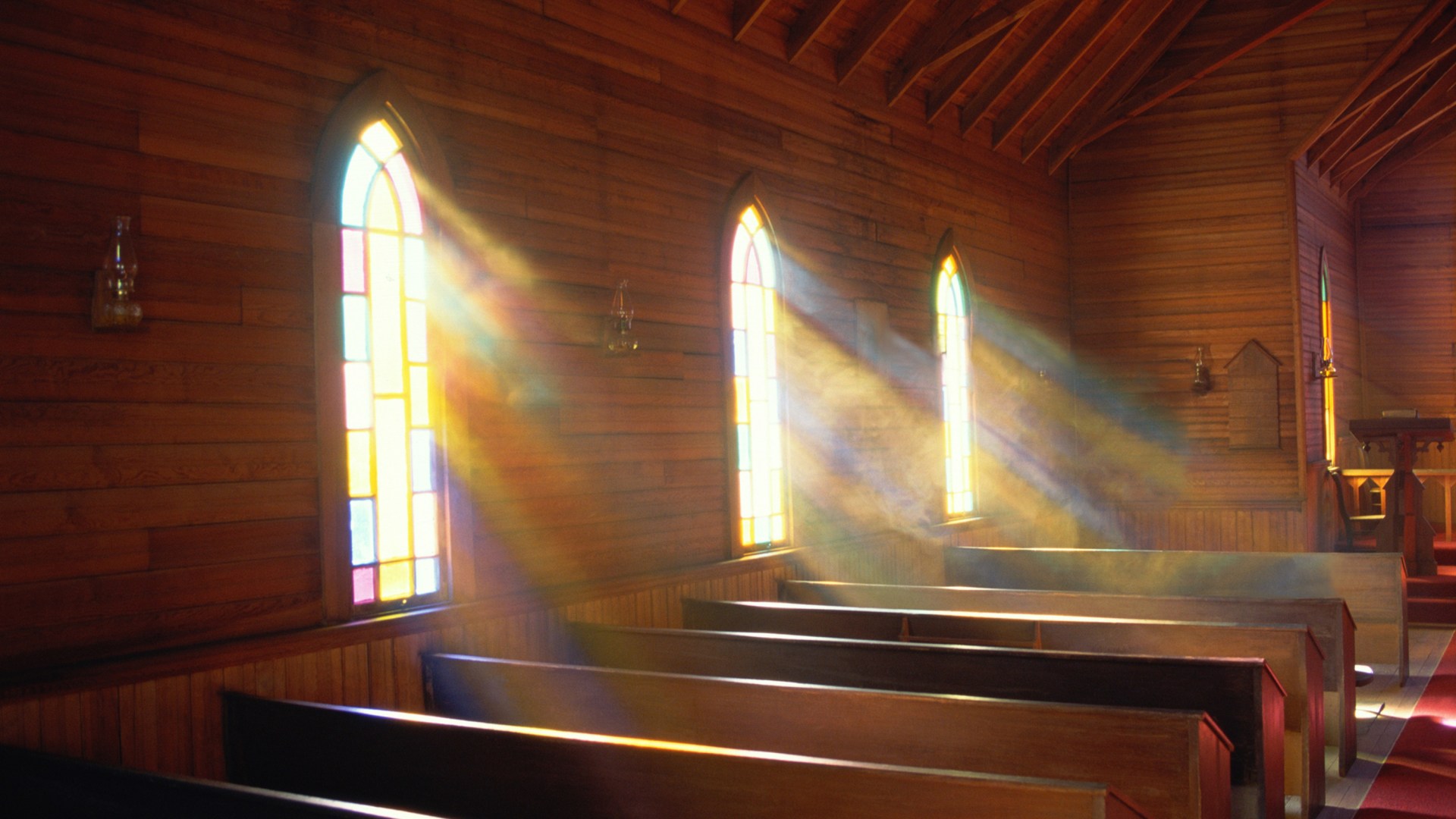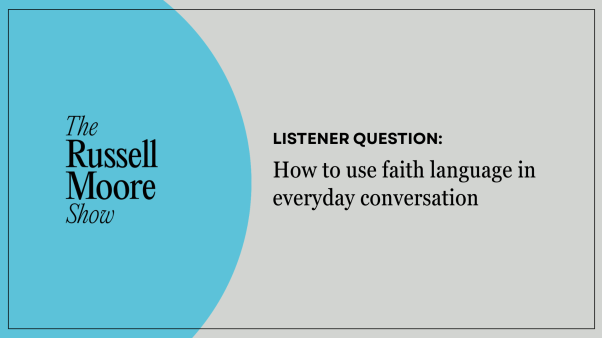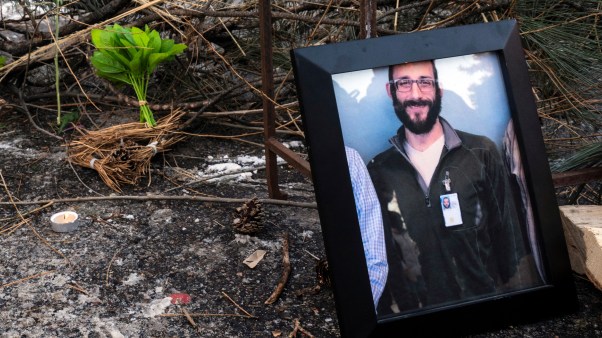It was the Monday after Easter. Like many pastors, I woke up tired and anxious.
Tired, because I had just poured everything I had into Resurrection Sunday, as pastors do—crafting the sermon weeks in the making, coordinating our liturgy for the holiday, rallying our serve teams, double- and triple-checking our follow-up processes for the many visitors who would fill out our proverbial pews (we met in a school theater with fixed seating). An entire ecosystem had been set in motion, and I labored hard to ensure every detail unfolded perfectly.
Anxious, because I was beginning to notice the gaps. We missed a few key details in our communication. A few guests came, received, and left without meaningful connection. I can still see their faces awkwardly looking around for what to do next before deciding to make their way to the parking lot. It’s the kind of thing that stays with you longer than it should when you’re a church planter.
I prepared my morning coffee and sat down at my desk. I noticed an early draft of my Easter sermon notes. They were full of the usual scribbles, arrows, highlights, and chicken scratch anecdotes. And right in the middle—triple circled in bold—were two words from my text in 1 Peter: living hope.
I had proclaimed this hope the day before, but sitting in my post-Easter haze, I realized how deeply I needed to participate in this living hope for myself.
The temptation to perform
For many pastors, Easter is likened to our Super Bowl Sunday. It’s a day many occasional churchgoers actually decide to attend. It’s a day regular churchgoers decide to bring their family or friends. Knowing this, we pastors think about stage decor and sermon flow, lighting and logistics, first impressions and final invitations—more than we typically do.
None of this is inherently wrong. Truth be told, faithful stewardship of the moment demands that we take those details seriously. But if we’re not careful, we treat Easter like a production to be executed rather than a reality to be entered. It becomes something we present to others rather than something we receive ourselves.
And when we do that—when Easter becomes something we put on—it’s no wonder we wake up the next day feeling like it’s all been put out of us.
That Monday-morning fatigue isn’t just physical; it’s spiritual too. We end up feeling like hired hands instead of sheep, performers instead of participants, proclaimers of a hope we’ve neglected to personally embrace.
We need to remember and rehearse the glorious truth: Easter was never meant to be an event to perform. It’s meant to be a tomb to be raised from, united with our Lord in his death and resurrection.
A living hope for pastors too
“Praise be to the God and Father of our Lord Jesus Christ!” Peter writes, exulting. “In his great mercy he has given us new birth into a living hope through the resurrection of Jesus Christ from the dead” (1 Pet. 1:3).
That short phrase—living hope—has held me together more times than I can count. It’s much more than a mere line of sentiment; it’s a theological thunderclap. It reminds us that resurrection is much more than a past historical event or a future eschatological promise—it’s a present reality, pulsing with every heartbeat of our existence. It’s something alive. Right now, it’s breathing new life into once-dead hearts—including yours and mine.
It’s one thing to preach that. It’s something else entirely to feel it rise in your own chest.
Jonathan Edwards once said, “There is a difference between having a rational judgment that honey is sweet, and having a sense of its sweetness.” A man can know what honey is and still have no idea what it tastes like.
The same is true for the Resurrection. We can exegete a text, parse Greek verbs, flesh out the theological implications, and craft vivid illustrations for our people—but if we’re not embracing it ourselves, we’re missing the point. Even worse, we’re starving ourselves spiritually.
Resurrection is more than a doctrine we explain. It’s something we embody as followers of Jesus ourselves.
Your baptism runs deeper than your ordination
To be baptized into Christ is to be set apart and marked—not only with his humiliation, but in his resurrection. That’s the shape of the Christian life: down into death and raised to walk in newness of life.
That shape holds true for pastors too. Before we ever answered a call to ministry, we descended into the waters of baptism. Before any ordination service affirmed our role as pastor, our baptism declared our identity as a new creation. That moment—when we were united with our Lord in his death and raised with him in resurrection life—is more foundational than any laying on of hands, any seminary degree, or any title before our names.
Ordination may affirm our calling, but baptism ratifies our belonging.
When the annual Easter service arrives, we don’t stand apart from the resurrection story as its narrators; we stand within it as its participants. We, too, are the ones who have been raised with Christ to a living hope. Having died to our old ways, we now walk in the newness of life. We must remember that resurrection isn’t just what we preach—it’s what we practice. It’s not merely something we explain to those under our shepherding care. It’s something we embody as sheep before our Chief Shepherd.
Recipients of the resurrection, not just messengers
So yes, we preachers announce the Good News with our lips. But let us also demonstrate it with our lives. We die to the idol of performance. We die to our pride. We die to the exhausting pressure to make every Easter “better” than the last (whatever that means). And in all our weakness, we cling to the one who raises the dead to a living hope.
Because the tomb wasn’t just emptied once in history. It’s still empty today.
Pastor, maybe your Easter sermon didn’t land the way you had hoped it would. Maybe the worship set fell flat. Maybe the follow-up plan had gaps that are now haunting you. Maybe the spiritual high you were praying for never seemed to come. Maybe Monday came too fast, and with it, the familiar cocktail of fatigue, disappointment, and doubt.
Allow me to gently remind you: Your worth is not measured by the quality of your sermon, the size of your crowd, or the smoothness of your service’s flow. Your worth was sealed the moment you were united with Christ—by grace through faith—in his death and resurrection.
You are more than a mere messenger of the Resurrection. You are a recipient of it too.
The living hope Peter describes wasn’t meant to stay trapped in your sermon notes—it was meant to meet you in the soul fog of your Monday morning. Resurrection isn’t a one-day performance; it’s a daily reality for all who are united with Christ. Even now, the Spirit who raised Jesus from the dead dwells in you, reviving a spiritual vitality that ministry has worn down, restoring in you what exhaustion has depleted.
So take heart. Know that you are not alone. Your Shepherd knows the weight that you carry, and he’s not requiring you to carry resurrection in your hands—he’s inviting you to experience it in your heart.
I looked once more at those circled words in my messy sermon notes: living hope.
The phrase had stirred in me days before, when I first wrote it. But now, after the whirlwind of another Easter Sunday, it hit differently. Deeper. More personal. It wasn’t a phrase I needed to proclaim; it was a promise I needed to receive.
That hope is still alive. Still speaking. Still strong enough to raise the dead, downtrodden, and weary places within my own soul—and within yours.
Pastor, the resurrection you proclaimed this last Lord’s Day is also the resurrection that sustains you, not only as a pastor but also as a follower of Jesus. It’s more than a doctrine to affirm or a story to tell. It’s a person who meets you in your weariness and walks you out of the tomb once more.
So before you rush on to the next thing—before your weekly staff debrief, your next elders meeting, your spring and summer series planning—pause. Let the stone roll back once again. Let the light break in. You have been born again to a living hope.
Not only for them—but for you.
He is risen. He is risen indeed. And so are you.
Chris Poblete is the editorial director for CT Pastors and a former pastor and church planter.









